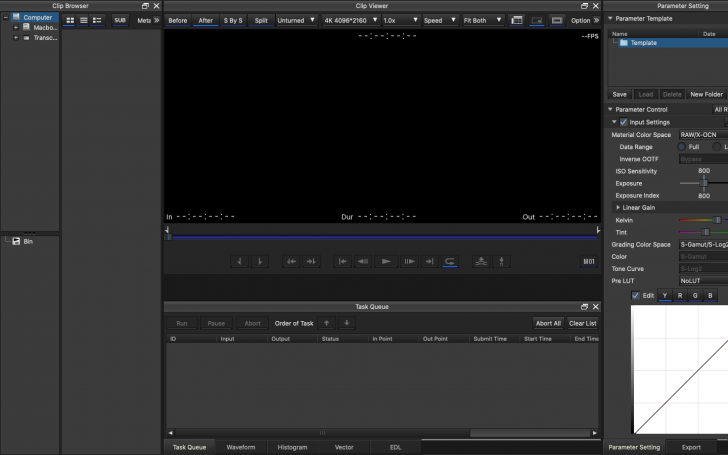
Bugfixes are published as soon as possible in the public GitHub repository. Minor updates (0.20.1, 0.20.2…) do not change the API/ABI and new cameras are not added generally they are just bugfixes. Something very new may not be included in it (but it will probably be included in a public snapshot, see below). The public major release contains only that code which has been sufficiently tested on a wide user base (including in our commercial products). When the first public beta version of a major release is published, the list of supported cameras and formats is frozen we try (but do not guarantee) to freeze the API/ABI as well. Major releases (for example, 0.20) are published once every year and a half to two years. We do not guarantee that the licensing will not change in future versions of LibRaw. If you modify/add/improve the LibRaw source code, then your patches can only be included into the library’s official source code if you agree to it being distributed under both of the above licenses. To use the LibRaw library in an application, you can choose the license that better suits your needs. COMMON DEVELOPMENT AND DISTRIBUTION LICENSE (CDDL) Version 1.0 GNU LESSER GENERAL PUBLIC LICENSE version 2.1Ģ. The LibRaw library is distributed free of charge and with open-source code subject to two licenses:ġ. These methods are inherited from the Dave Coffin’s dcraw.c utility (see below the “Project history” section) their further development is not currently planned, because we do not consider production-quality rendering to be in the scope of LibRaw’s functionality (the methods are retained for compatibility with prior versions and for rapid-fire testing of RAW support and other aspects). 
Providing an interface for reading other types of metadata.Īdditionally, the LibRaw library offers some basic RAW conversion, intended for cases when such conversion is not the main function of the LibRaw-using application (for example: a viewer for 500+ graphic file formats, including RAW).Improving extraction of metadata necessary for RAW processing.Using the LibRaw library allows one to focus on the substantive part of processing the data contained in RAW files, without getting distracted by the wide variety of RAW file and metadata formats, compression algorithms, etc.

Software for stitching and compositing multi-frame aggregates like panoramas and image stacks.The library is intended for use with programs that work with RAW files, such as: Metadata necessary for processing RAW ( geometry, CFA / Bayer pattern, black level, white balance, etc.).The LibRaw library provides a simple and unified interface for extracting out of RAW files generated by digital photo cameras the following:






 0 kommentar(er)
0 kommentar(er)
